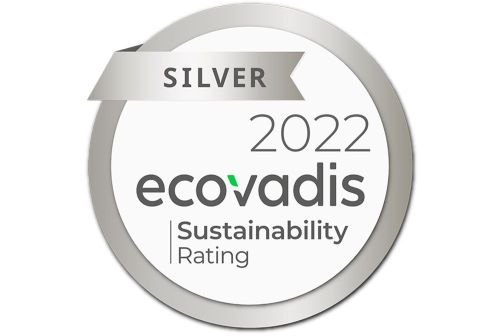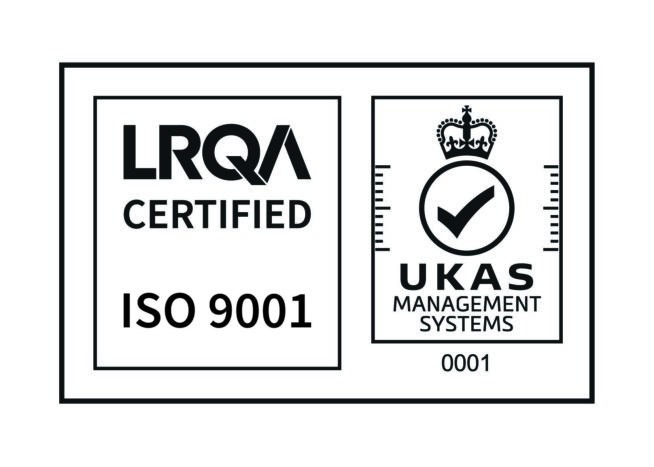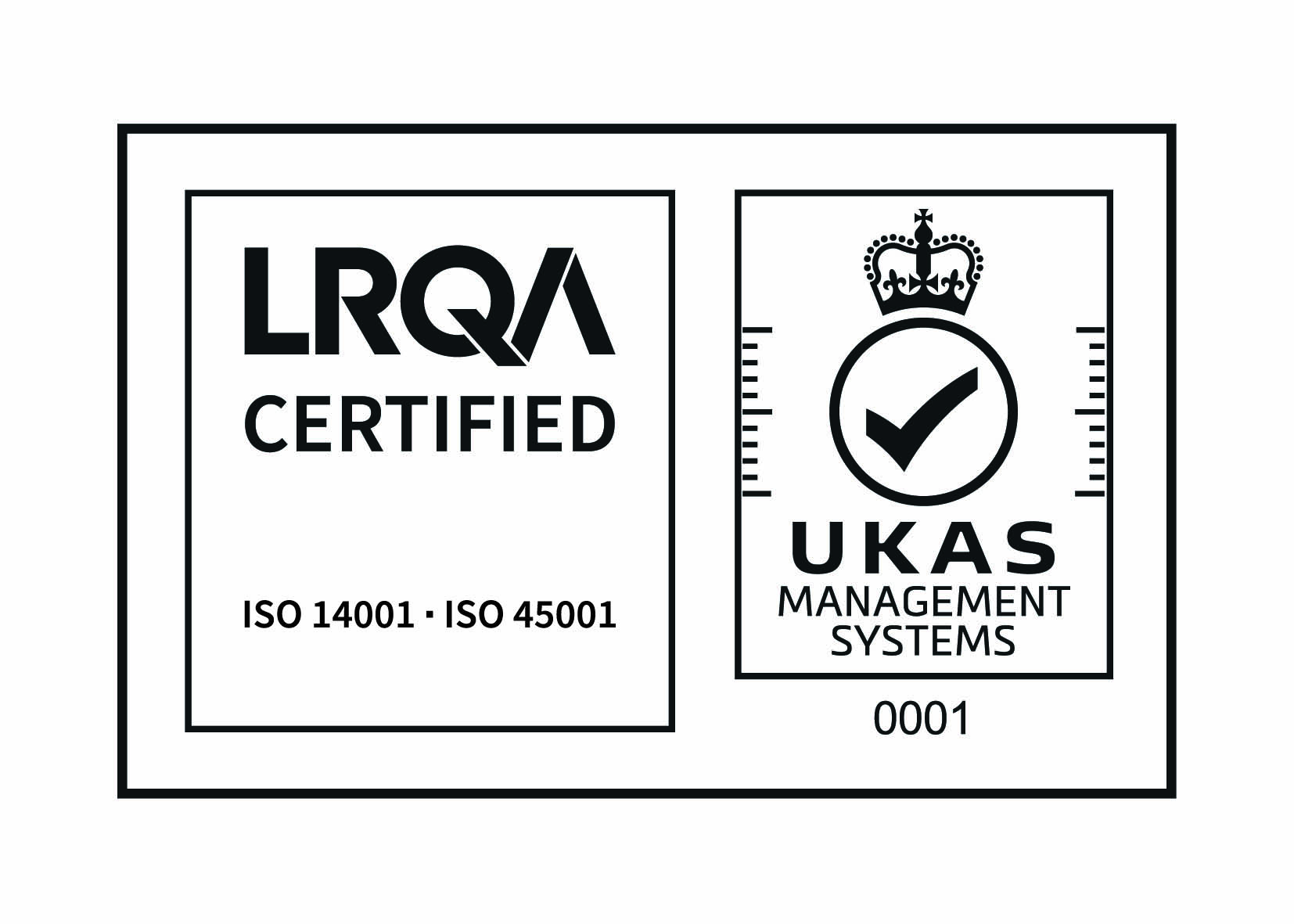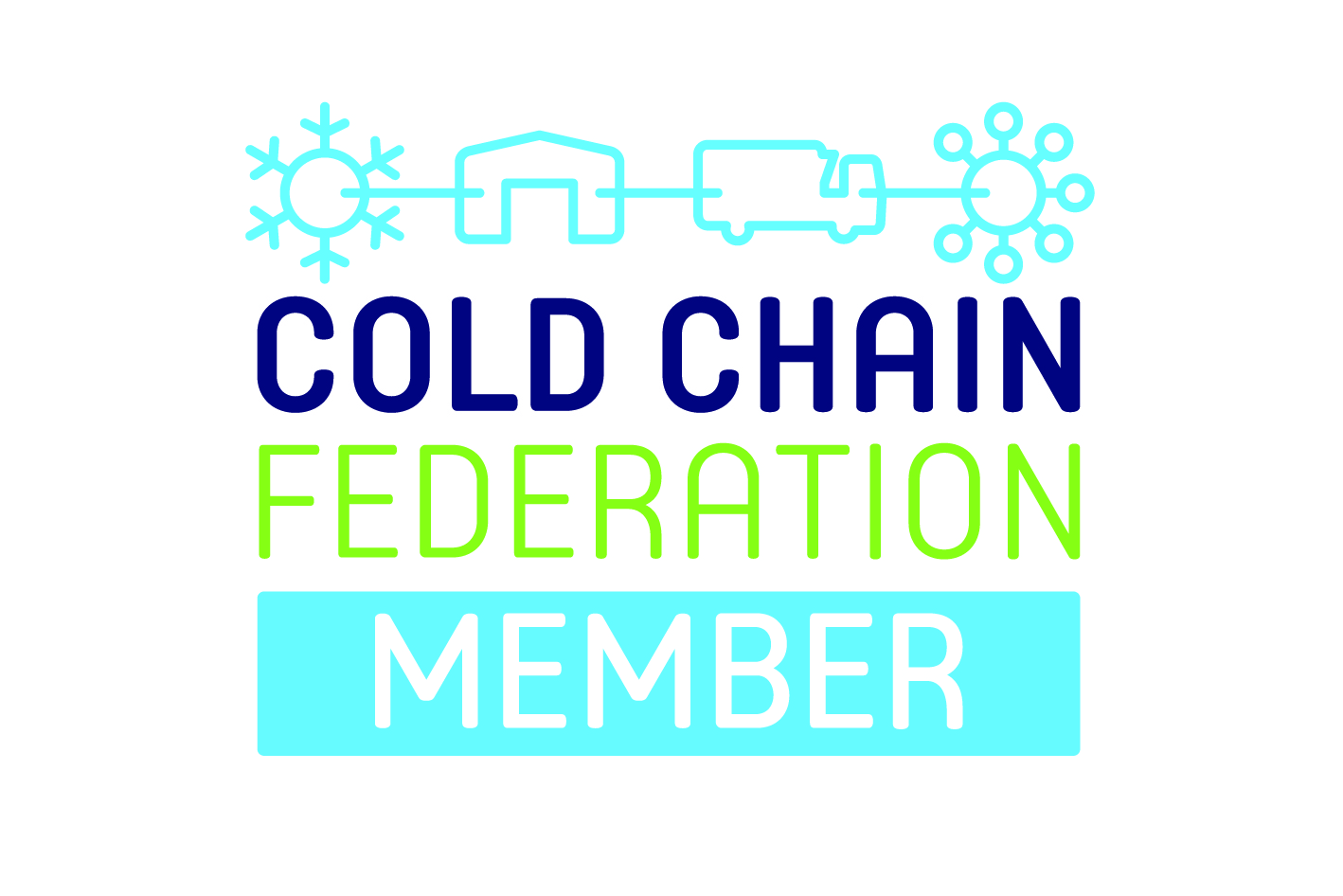Improving Sustainability – Single-use v Reusable Pharmaceutical Containers
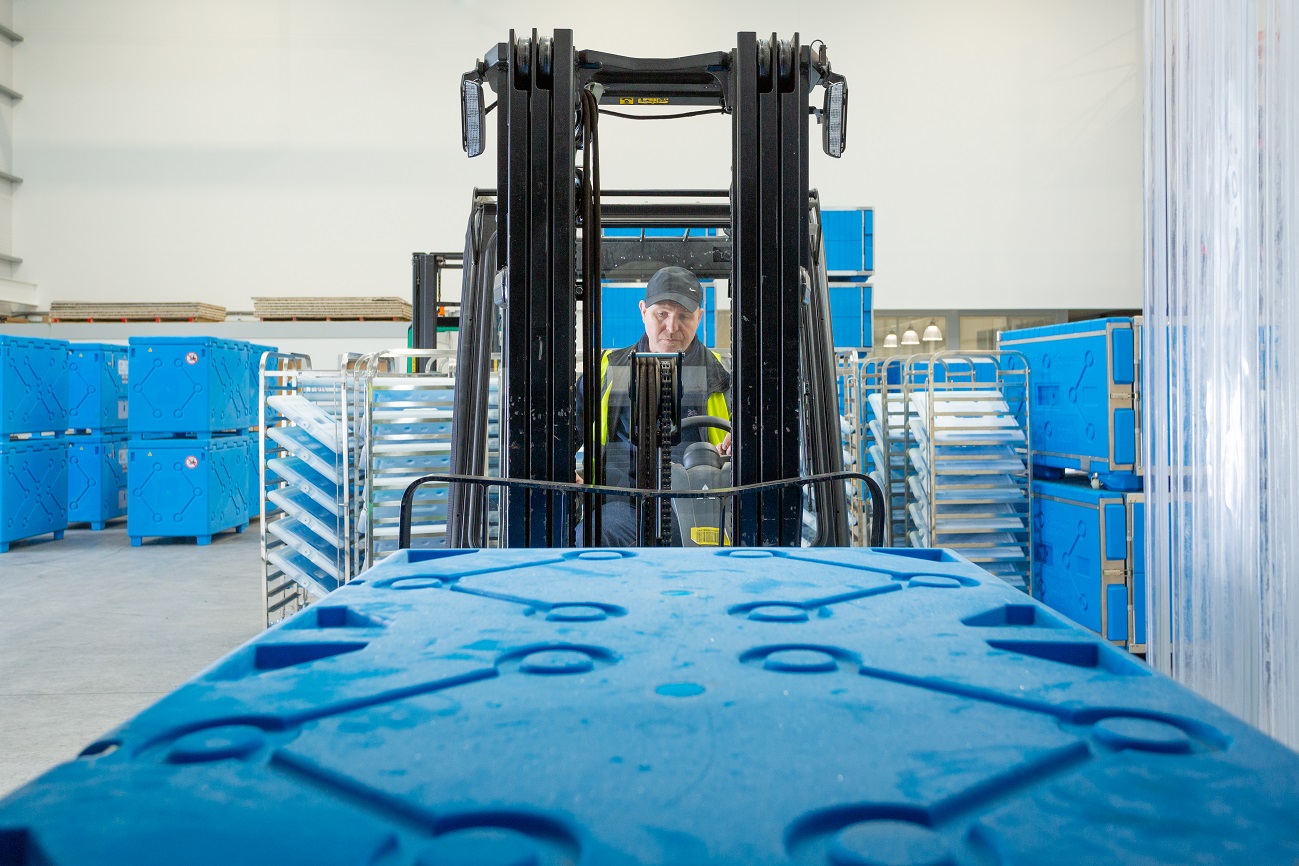
Issue Month: April 2023
More pharmaceutical companies are turning their attention to the importance of sustainability. Not only in manufacturing processes but also in the transportation of these products. Some of the largest pharmaceutical manufacturers in the world are taking action to improve their sustainability credentials. For example, Pfizer is aiming to become carbon neutral by 2030 – which will be achieved by a commitment to purchase 100 per cent of electricity from renewable sources and reducing emissions amongst other pledges.
With many other organisations similarly making the choice to move away from non-sustainable and often wasteful transit solutions towards reusable alternatives, single-use packaging is becoming less popular within the industry. In contrast, recyclable solutions continue to grow in appeal for those looking towards a more sustainable cold chain featuring reusable pharmaceutical containers…
The move towards sustainability – reusable containers
Whilst single-use or disposable containers can offer a short-term, initially low cost solution, as the world moves to become more environmentally conscious, these are becoming increasingly hard to justify. Unlike reusable pharmaceutical containers, single-use packaging is not designed in the same way for maximum durability and reusability after every use, and often focuses more around convenience and cost.
When single-use pharmaceutical containers are disposed of after use, there is still a layer of uncertainty as to where they end up; in some cases, the end-of-life disposal regulations are unfortunately not always adhered to.
At Tower Cold Chain, our pharmaceutical containers offer a fully circular solution with the same market-standard reliable thermal protection but with added reusable durability. Our Innovation is achieved through smart manufacturing, with minimal fixtures and fittings and volumetric efficiency. In addition, our containers meet organisations commitment to sustainability as our entire range uses phase-change technology to achieve long-term thermal protection with any electricity source or manual intervention required during transit.
With many of our containers, by using PCM (Phase Change Material) instead of dry ice, we are able to minimise waste and maximise efficiency – as dry ice can only be used once, but PCM can be reused to deliver continued consistent results, making it much more energy-efficient.
After each use, the containers are taken to our hubs to be cleaned and reused for another customer’s sustainable cold chain – with many Tower containers still in active use after 15 years.
Aside from the container’s end-of-life plan, stages in the manufacturing process become a crucial factor towards a company’s sustainability efforts. JIT (just-in-time) manufacturing is a production model that means containers are built in response to consumer demand instead of being manufactured in advance in large quantities. However, it is still important that in the cold chain industry, the manufacturers have a certain amount of available stock for any unprecedented demand.
In addition, if the system is modular, even better – because the same structural components can produce multiple shipper sizes to fit differing aircraft types and ISO pallet combinations, requiring just one size of PCM plate regardless of configuration.
There is also the debate of whether to choose active or passive containers. Some may argue that there’s a level of security in an active, powered solution however when it comes to sustainability, reducing reliance on electricity throughout transit is an undeniable benefit. Particularly, in remote locations where challenges such as delays and power cuts can be faced, passive containers can provide added reassurance, with Tower’s passive, reusable containers being able to maintain the internal temperature for over 120 hours.
The benefit of hub networks
By offering a wide range of hub networks across the globe, logistics organisations like Tower are able to position themselves as the partner of choice for manufacturers. A range of global hubs offer proximity and availability of products from anywhere in the world. This provides localised sourcing and reduces the unnecessary movements of products – increasing the overall sustainability of your cold chain and ultimately, appealing to customers.
Not only does a strong network offer these benefits in terms of sustainability and efficiency, but also from a business perspective. A global hub network allows for cold chain organisations to streamline its supply chain and avoid lengthy and costly return logistics processes.
Another way to improve sustainability in the cold chain is by operating a well-organised, uniform supply chain at all stages. Even something as simple as maximising the space fully inside of the container when shipping means that the entirety of the packaging capacity is used and any excess air in each container is limited – reducing wasted space and optimising efficiency.
Future-proofing a sustainable cold chain
Sustainability is the future. The leaders in the cold chain packaging industry that will thrive the most are those who are constantly innovating, developing and driving their environmental efforts. By committing to sustainability, you are therefore able to future-proof your business and avoid being left behind when disposable, single-use packaging may no longer be viewed as acceptable by consumers and society as a whole.
At Tower, we are completely committed to our sustainability efforts and ‘Product Innovation, Development and Circularity’ is a part of our core values, with a goal to be constantly developing our sustainable products and technologies to reduce the impact of logistics activities.
We are incredibly proud to have achieved both Bronze and Silver Ecovadis Sustainability Awards with our reusable pharmaceutical containers and also an ISO 14001 Environmental Management System Certification. By 2030, we aim to be completely carbon neutral.
Read more about our environmental and sustainability journey

